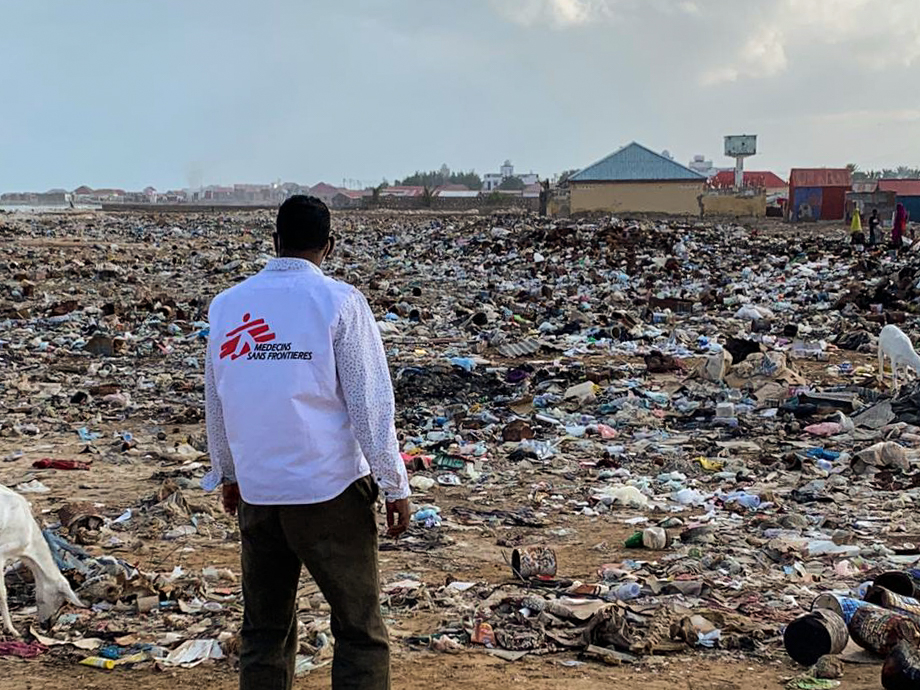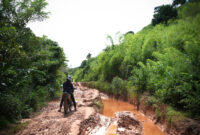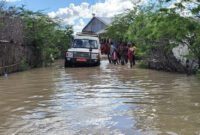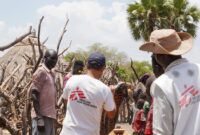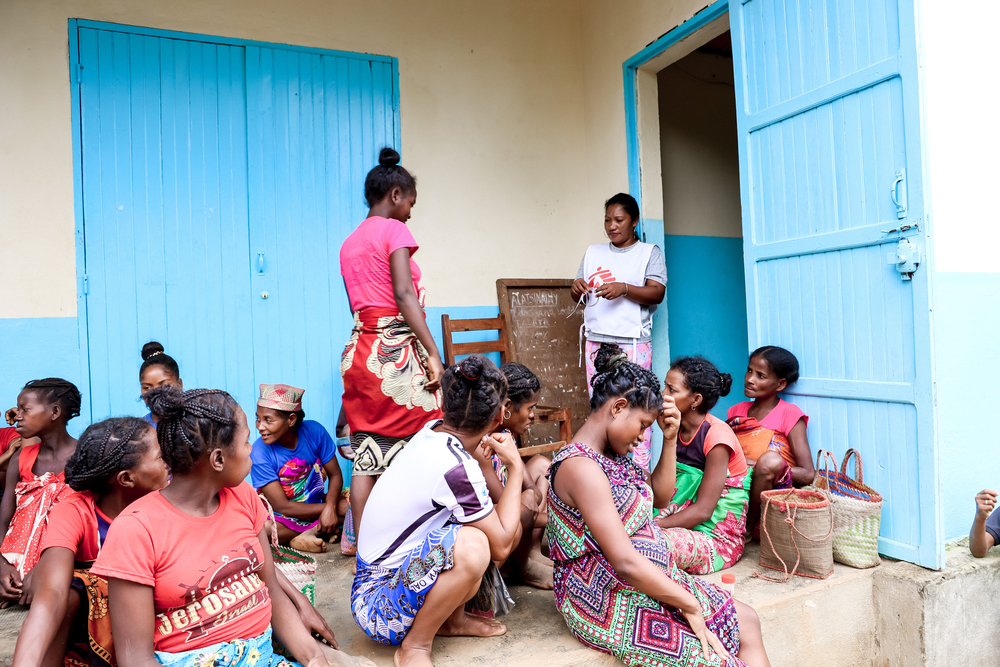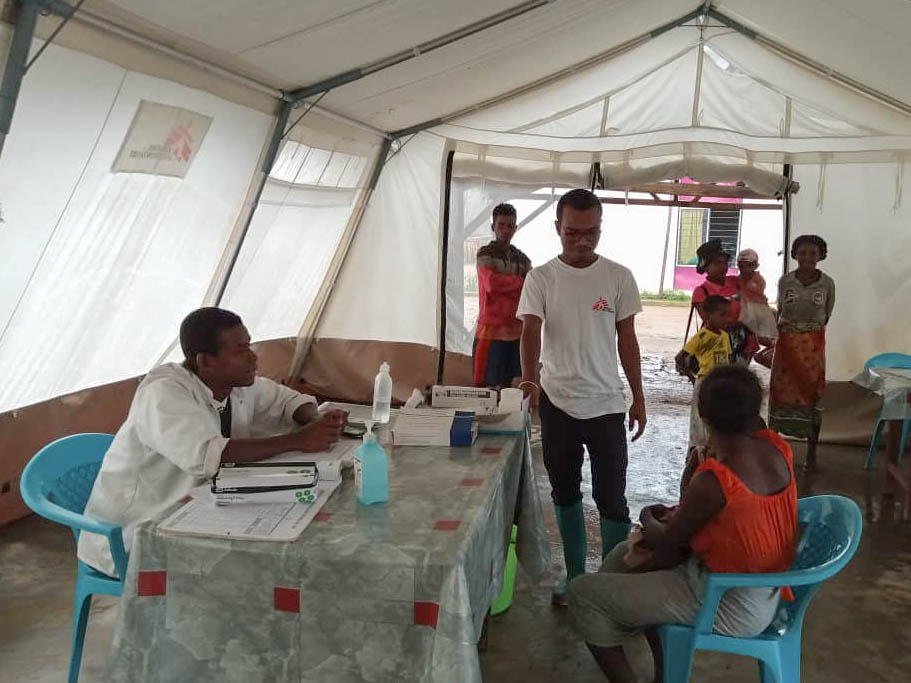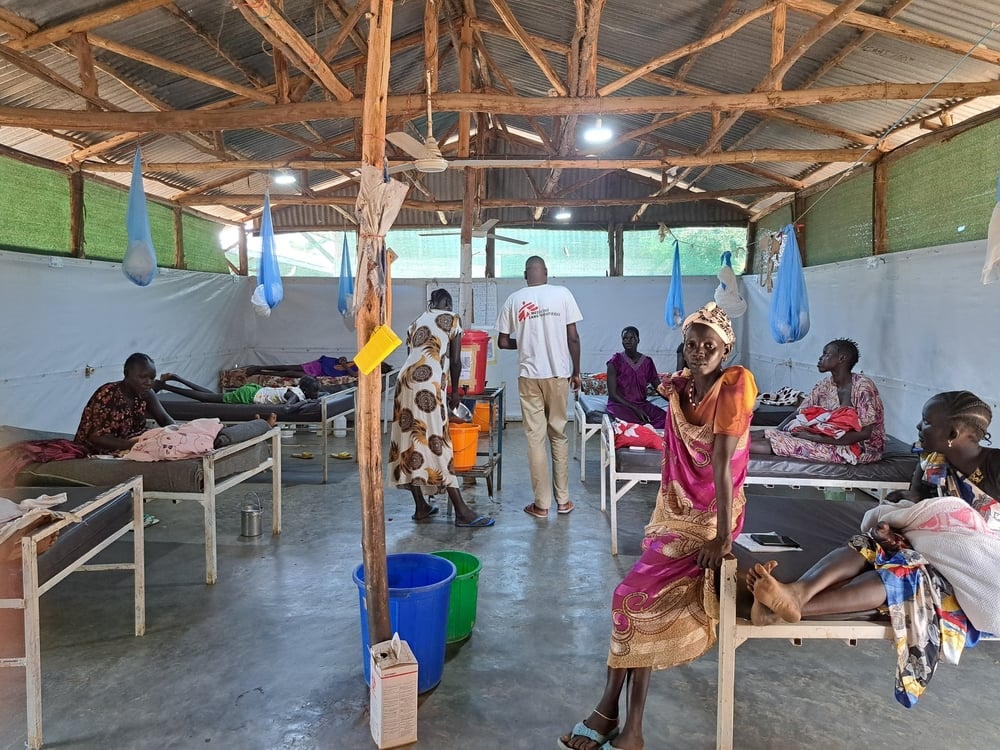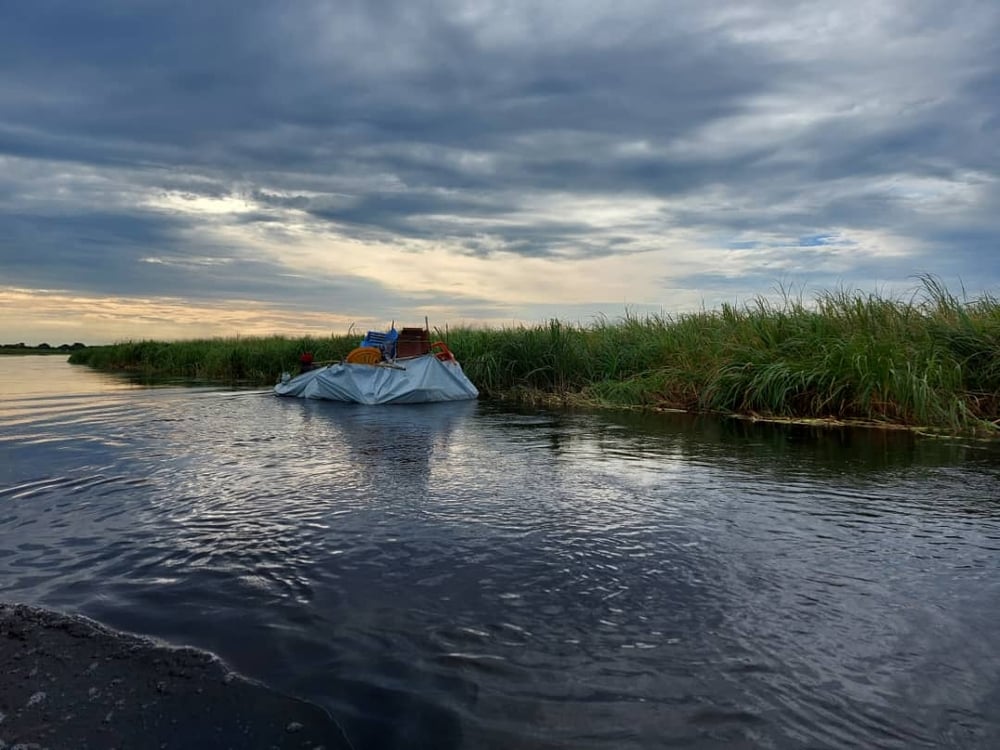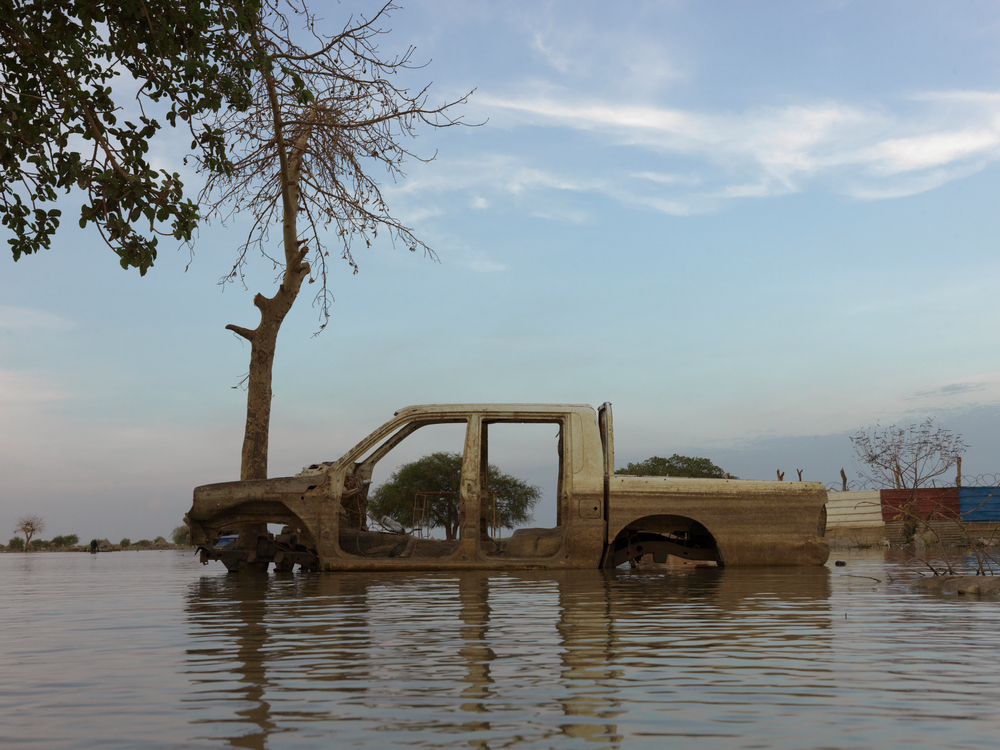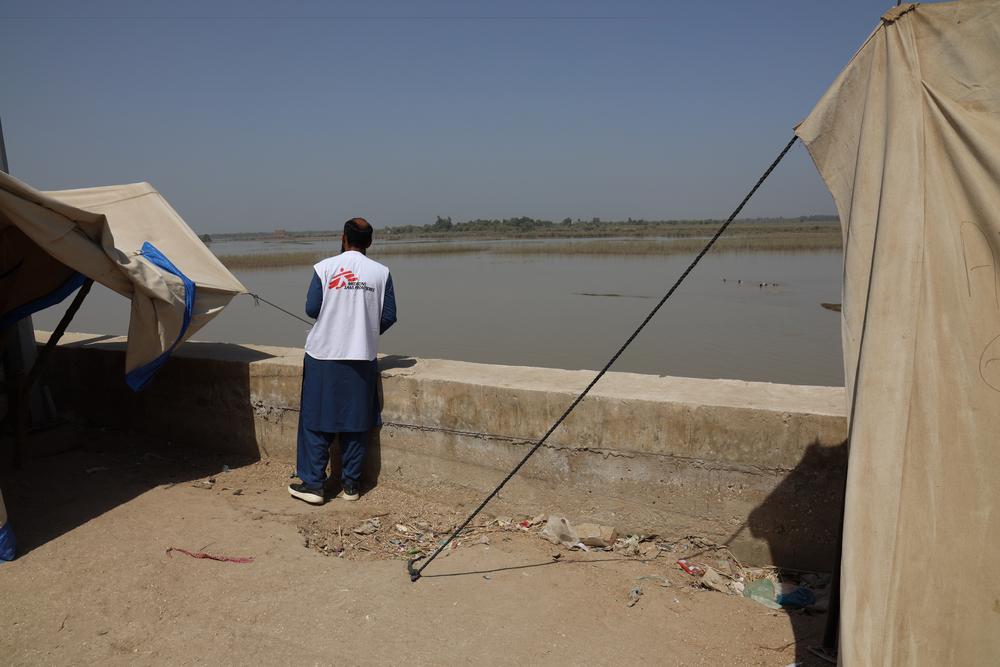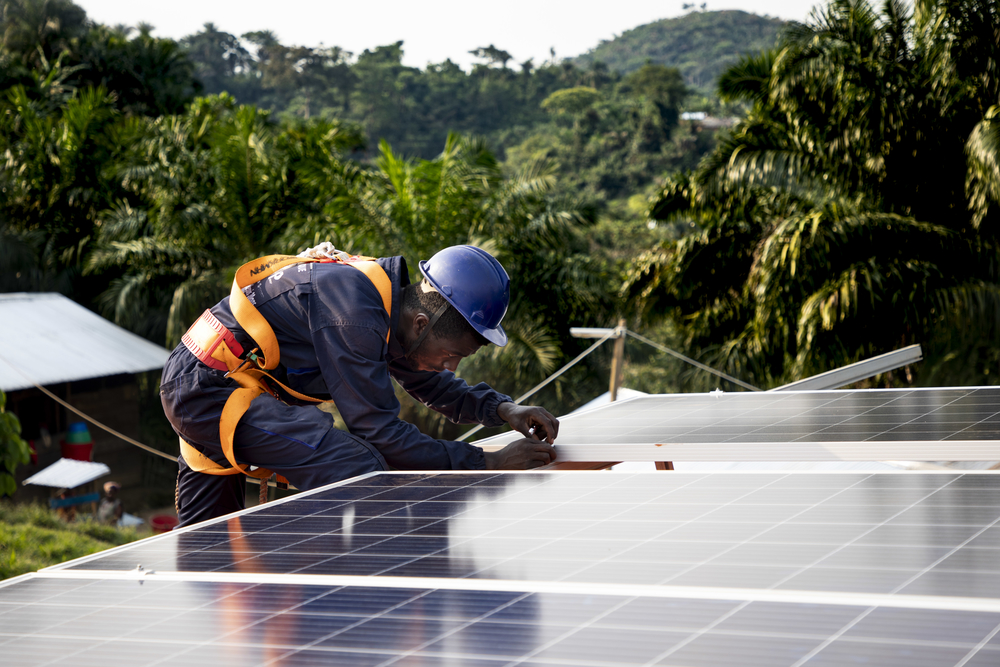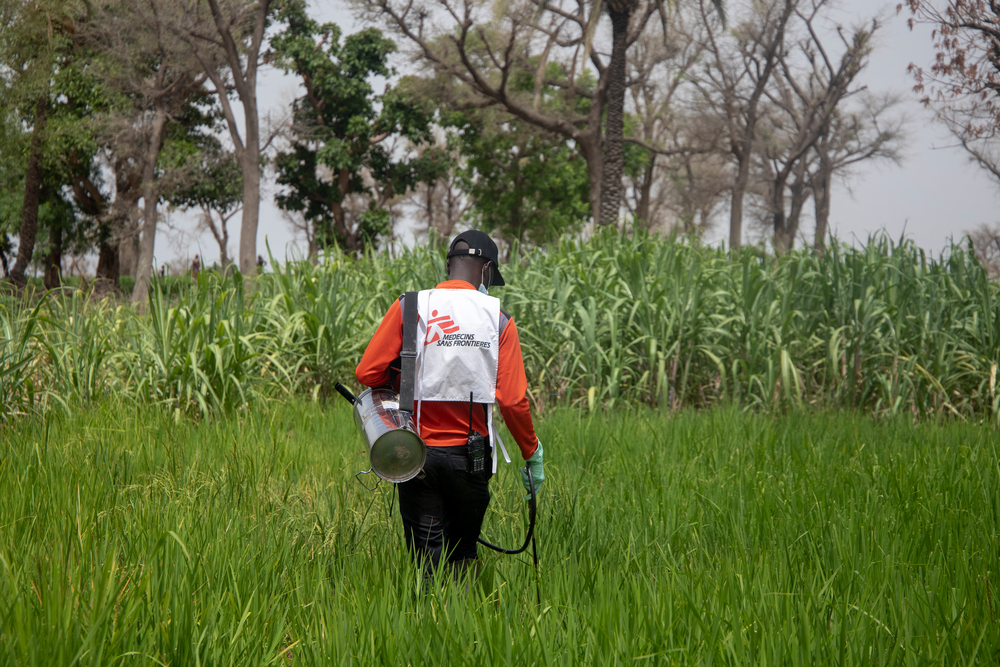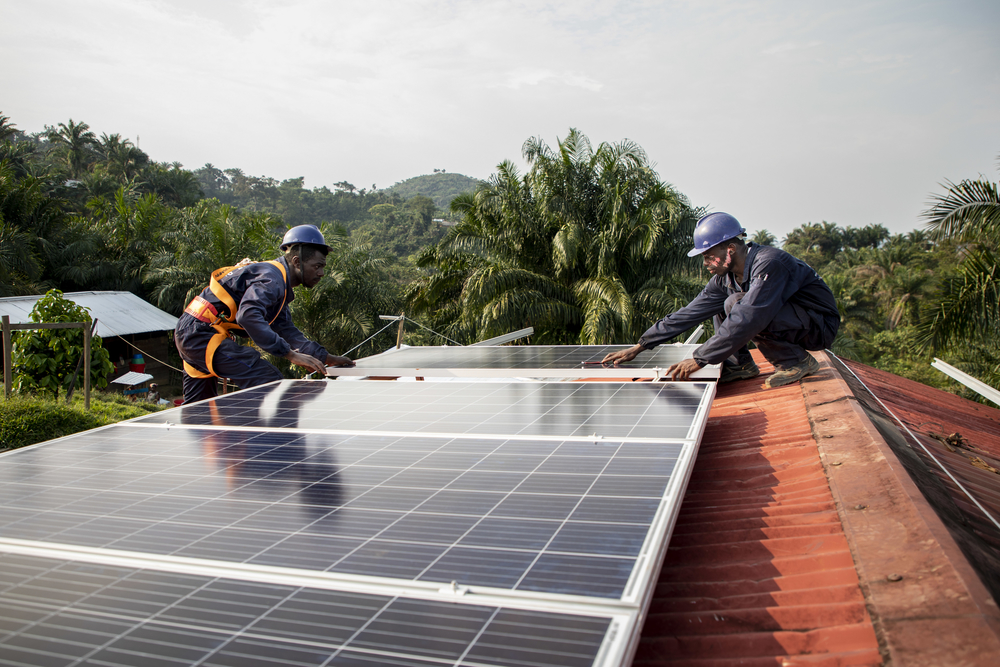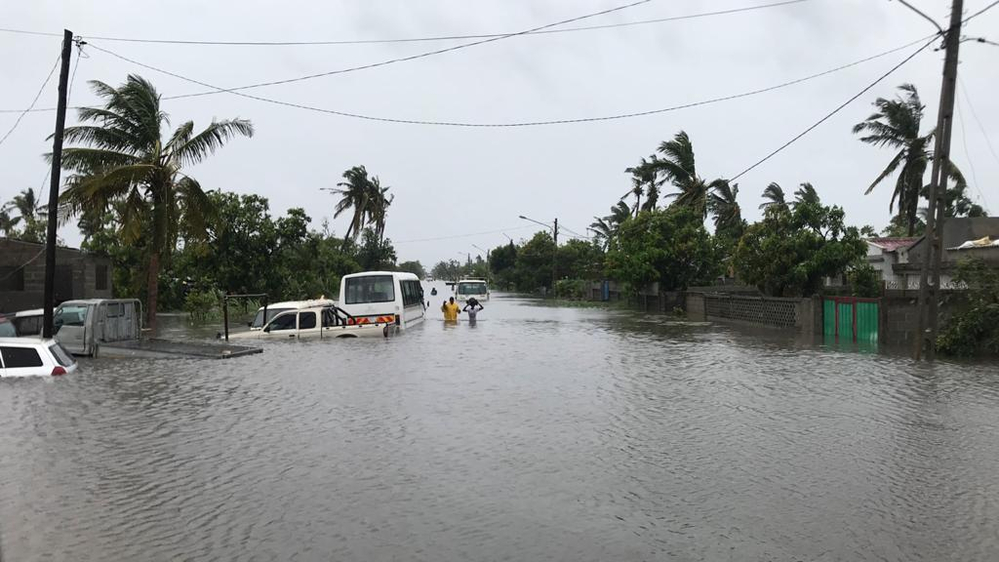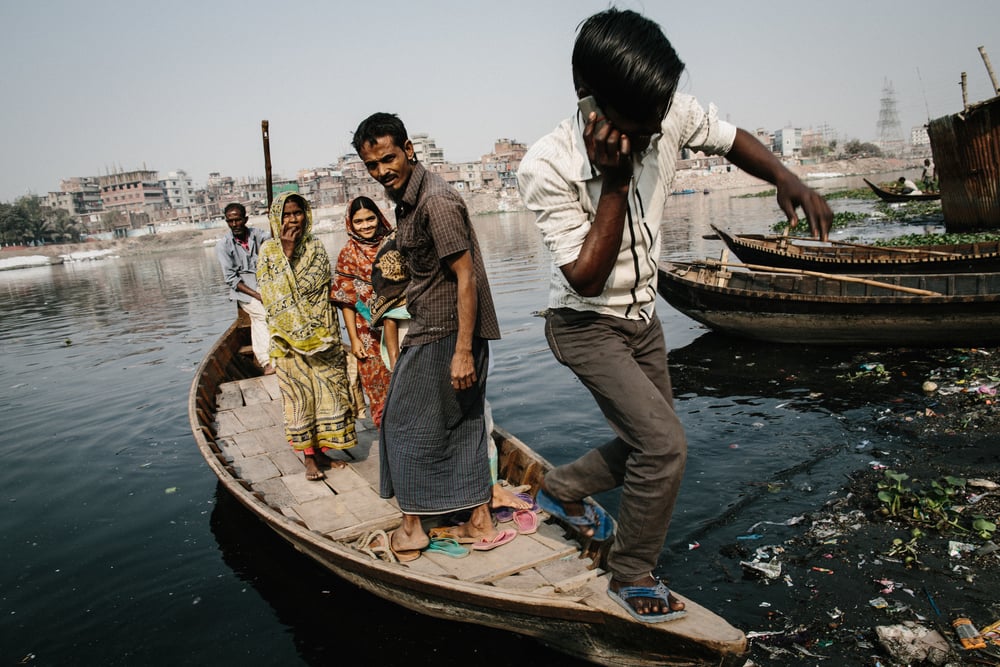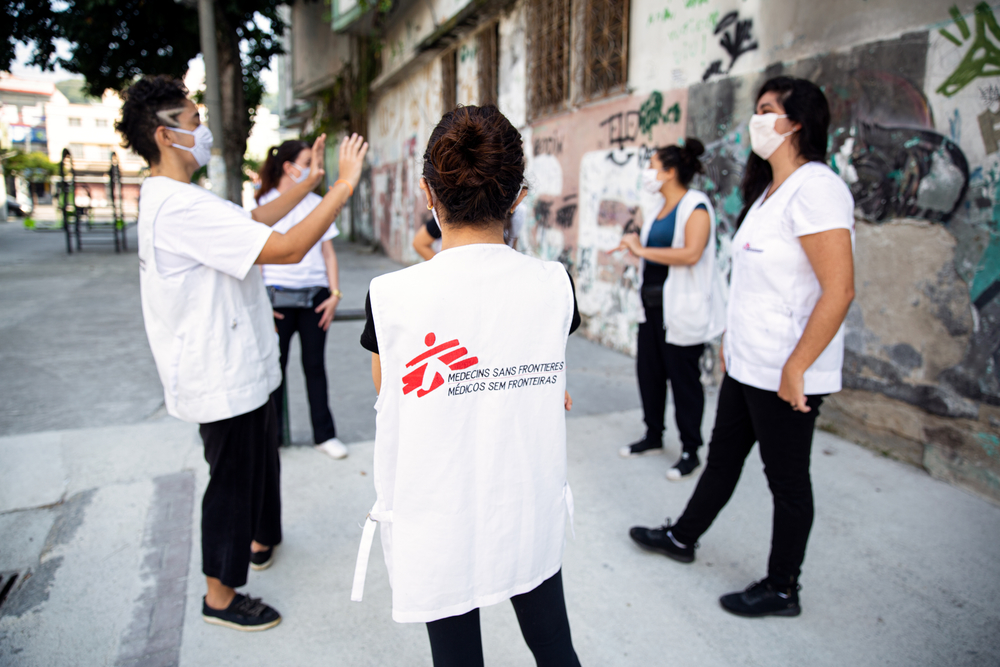Climate Crisis: Impact on Human Health
Climate-related emergencies are also healthcare emergencies
Doctors Without Borders/Médecins Sans Frontières (MSF) is paying close attention to the impact that climate change will have on our emergency humanitarian medical activities. We are already responding to many of the world’s most drastic crises – conflicts, disasters, disease, displacement – and we see the consequences that rapid environmental change can have on extremely vulnerable people.
Climate-related emergencies are also healthcare emergencies. The climate crisis is not only about the catastrophic cyclones and typhoons that hit the headlines. It is about the spread of deadly diseases that follow, the increasing risk of drought and famine, the mass displacement of people from their homes and more. The effects of climate change can produce massive humanitarian emergencies.
According to the World Health Organization (WHO), climate change can affect environmental aspects of health including clean air, safe drinking water, sufficient food, and secure shelter.
How bad is the climate crisis and why does it matter to MSF?
People are facing disproportionate health risks, including to COVID-19, are more vulnerable to the detrimental impacts of climate crisis on the environment. Some of the regions MSF works in are more vulnerable to climate change than others – in particular, South Asia and the Pacific region, the Middle East, the Sahelian Belt, Southern African and Central America.
MSF is already present to deliver urgently needed medical care and is monitoring the impact of environmental factors on the health of our patients. A better understanding between climate-related changes and humanitarian medical emergencies is critical to MSF’s ability to respond to evolving scenarios and prepare for new crises.
MSF is committed to doing more to urgently address the increasing humanitarian consequences on vulnerable populations of environmental degradation and climate change. We have a responsibility to do better for our patients, staff and the world.
Avril benoit MSF USA Executive director
Consequences of climate change on human health
Disease Outbreaks
When an extreme weather event strikes, disease outbreak can quickly follow.
In March 2019, Cyclone Idai – one of the worst tropical storms to ever hit the southern hemisphere – tore through Mozambique, as well as parts of Malawi and Zimbabwe.
Amid the immediate and devastating loss of life and livelihoods, a secondary crisis emerged as large areas of Mozambique no longer had access to clean water and sanitation. Soon after, cases of cholera began to appear.
MSF launched a massive emergency response. We rapidly established treatment centres in the worst affected areas, logistics teams worked around the clock to resupply clean water and we supported a mass campaign to vaccinate more than 800,000 people against the disease.
Just a few weeks after Cyclone Idai made landfall, a second tropical storm, Cyclone Kenneth, hit Mozambique. It was the first time in recorded history that two cyclones had hit the country in a single season.
Mosquito-borne viruses
In climate hotspots around the world, warmer temperatures and unseasonal rains create a breeding ground for mosquitoes – causing sharp increases in cases of malaria and dengue fever.
Malaria already kills more than 400,000 people a year – mostly children under five in sub-Saharan Africa. Working in the region since 2012, MSF teams working across the region have spotted several significant spikes in malaria compared to annual averages.
Of course, there are complex political and financial obstacles to controlling the disease, however, evidence suggests that malaria rates will continue to increase in Africa, and beyond, due to climate change.
Meanwhile, rates of severe dengue fever – a leading cause of hospitalization and death in Latin America and Asian countries – have increased a staggering 3,000 percent in the last 50 years thanks to warmer weather and the spread of dengue-carrying mosquitos. MSF is responding to outbreaks of dengue fever including in Honduras where rainy seasons promote the virus.
Malnutrition
A direct medical consequence of water scarcity, drought, and food insecurity is malnutrition.
This is acutely clear in the Lake Chad region of Africa, on the southern fringes of the Saharan Desert.
This vital water sources for millions living in Chad, Cameroon, Nigeria and Niger was at one time one of Africa’s largest lakes. However, overuse and drought mean that the lake has almost disappeared at various points in recent history. As of 2019, MSF has been treating malnutrition in Niger for 15 years.
This has had a catastrophic impact on communities’ basic needs, while less water means farmers are producing less and less food.
Children living in the region now face a high risk of malnutrition, stunting their development, weakening their immune systems, and leaving them far more vulnerable to diseases such as malaria.
As of 2022, it is estimated that 811 million people around the world are undernourished because of the impact of climate change on food production.
Refugees and displaced people
According to the UNHCR, in 2022 there are over 103 million refugees and displaced people around the world – more than at any other point in modern history.
As the impact of climate change becomes more severe, this record level is only expected to increase with more and more vulnerable people being forced to flee their homes.
Estimate vary wildly, but the most accepted studies predict that by 2050 at least 200 million people will be uprooted as a direct result of climate change.
This trend has already had a related effect on occupational health, with environmental migrants moving into larger cities as rural livelihoods fail, only to find themselves trapped in polluted and dangerous conditions.
MSF is increasing mitigation efforts alongside incorporating a planetary health approach. This means reducing environmental harms resulting from MSF operations and practices to save lives, alleviate suffering and reduce vulnerabilities, while recognizing the health co-benefits and potential cost savings of transitioning to renewable energy, avoiding and reducing waste and carbon emissions related to transportation.
Carol Devine MSF Canada humanitarian affairs advisor
Lancet countdown
In a new policy brief for the Lancet Countdown: Tracking Progress on Health and Climate Change 2022, MSF medical humanitarian teams around the world and across multiple disciplines reflect on health and humanitarian implications in a world increasingly affected by climate change.
The policy brief is a contribution to The Lancet Countdown 2022 report, which warns that no country, whether rich or poor, is immune from the health impacts of climate change.
Through a series of country snapshots and case studies, MSF authors warn how human-caused disruptions to the environment will exacerbate existing medical and humanitarian needs, particularly in climate hot spots.
The authors share first-hand perspectives on using climate data to anticipate malaria peaks in South Sudan, the effects of climate change on mental health of front-line workers in Brazil, creating a solar-powered hospital in Sierra Leone, and how drought, insecurity and malnutrition in Nigeria has affected thousands.
The brief shares how MSF is learning to adapt health and humanitarian responses considering climate change, as well as working to reduce the organization’s environmental footprint.
We are a medical humanitarian organization caring for people’s lives – as such, planetary and human health cannot be disconnected as the health of a person is influenced by the environment where she/he lives. As a medic I need to care for my patient and to do so I cannot give him/her his medicine in a glass of contaminated water. Therefore, I must make all efforts to at the very least not contribute to that contamination in whatever form.
Dr. Monica Rull, MSF Medical Director
MSF’s commitment to action to combat climate crisis
We have adopted several initiatives across the organization including:
- Reducing non-essential air travel and air freight
- Measuring and mitigating our carbon emissions
- Switching to solar systems and more energy efficient practices
- Avoiding and reducing waste
- Digitizing processes
- Using solar powered systems and appliances in humanitarian operations
We have used solar power in medical projects in Chad and Ethiopia in 1986 and 1976, in Dagah, Bamiyan Province, Afghanistan in 2003, and continue to utilize solar power in Haiti and Pakistan and solar water pumps in Bangladesh, Sudan and the DRC. The solar panel hospital in Sierra Leone is the advent of using solar power on a larger scale.
MSF has consciously and rapidly started working on our environmental footprint reduction, but we have miles to go. We stand by and respect our medical ethic of ‘do no harm’ and we must ensure that we are responsive, responsible, and future-ready in the face of the climate crisis.

